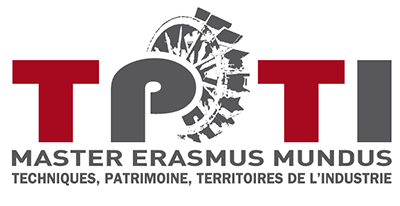Landscapes, heritage and social practices
This line of research focuses on urban and rural complexes which are the moste important pf the actions oh humans in territories, sometimes gathering within the space of cities and at other times across a territory or region.
Research themes relate more specifically to:
- Identifying the material remains of an establishment in a territory, thus the heritage of the different historical periods;
- Identifying the relationship between natural, cultural and environmental heritage by using different concepts and approaches specific to each cultural area, analyzing the dynamics of cultural landscapes which have a specific heritage value and pose problems of conservation and enhancement in a sustainable development framework;
- Identifying the historical relationship between nature and major public works by studying the visible (super-structures), invisible landscapes (mines, underground works, urban infrastructures), and the landscape and social consequences of large works of art;
- Understanding how some landscapes show technical innovation, through actors and technique, and how the implementation of Large Technical Systems changes landscapes;
- Identifying and understanding how social practices relate to construction;
- Identifying and interpreting the societal, economic and environmental consequences of landscape transformation;
- Identifying different forms of management and the enhancement of landscapes and cultural objects.
Beyond the scientific purpose, this research is a means of transmitting to civil society a way to understand the economic and societal transformations experienced by a landscape, offering knowledge that will ensure the understanding of a balance between innovation, the maintenance required for ecological diversity and preserving the heritage and identity of different territories. This is why the study of cities must take into account international proposals, such as the Recommendations for the Protection of Historic Urban Landscapes and the 2003 UNESCO Convention.
In addition, it must also be ensured that work falls within the UN 17 Sustainable Development Goals that countries of the world recognized in September 2015.
The research themes relate more specifically to:
- History and heritage of engineering (focusing on the modern and contemporary period);
- Landscapes of technical innovation (including thermo and hydroelectricity, dams, railways, roads, etc.);
- Urban infrastructure and changes in physical and cultural landscapes;
- Landscapes and agrosystems;
- Heritage training;
- Intangible heritage;
- Heritage and museology;
- Images and objects as sources of technical and industrial heritage research;
- Techniques connected to the Arab and Islamic world (focusing on the medieval period);
- Enhancement of archaeological sites;
- Cultural tours and projects in central and southern Tunisia.





